This blog was written by guest blogger and Camp Akeela alumna, Lara Lewis. We are so grateful to Lara for contributing this article, and look forward to posting Part 2 soon!
You can view Lara’s blog here https://awetisticwriting.wordpress.com/
On Going to Camp with Aspergers (or My Camp Akeela Experience), Part 1
Lara Lewis
In 2009, I took my first steps into the world of Camp Akeela. It’s a Sleep-Away camp, but it was founded with “quirky” campers in mind – primarily those with social and learning disorders. I remember a large open field with two rows of cabins, one on either side. A big mess hall and a small sports field. A nature walk, a barn, and a lake.
I also remember being scared out of my mind. I had gone to a camp away from home the year before, and it had been a testing and tiring experience. The difference was that place was for kids in general – this was a place for kids like me.
Camp with Aspergers Summer Camp
I had never been around so many kids with conditions like mine. Looking back, I don’t think I’ve ever seen that many people like me in one place since. Sometimes it can be easy to forget there are other people with Asperger’s who are just out living, real people and not symptoms listed in a doctor’s book.
It was not easy to forget when I was at camp.
Being in the outdoors and living in cabins provided a whole host of issues – dirt, lack of temperature control, timed showers (five minutes each, and I’m still able to make that time today), and most of all living with other kids who had as much trouble reading social cues as I did. Communication was both simple and unclear – what was straightforward to me might have been vague to somebody else and vice versa.
But the thing I remember most, eight years later, is that we were experiencing them together. We were all “quirky” and we found a community, and it’s hard not to bond over getting sand in your shorts when you were all at the same fire pit. There’s something special to be had there, realizing you’re all going through the same thing, even if you experience it differently.
Part 2 Coming Soon!

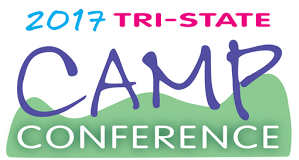 Each summer at camp, we consistently push our campers with Asperger’s Syndrome and High Function Autism Spectrum Disorder (ASD) to try new things and to be open to learn something new. It’s such an important part of camp for them to step out of their comfort zone and take a leap of faith with the support of their counselors. This is what camp is all about, and why we see so much growth in our campers each summer.
Each summer at camp, we consistently push our campers with Asperger’s Syndrome and High Function Autism Spectrum Disorder (ASD) to try new things and to be open to learn something new. It’s such an important part of camp for them to step out of their comfort zone and take a leap of faith with the support of their counselors. This is what camp is all about, and why we see so much growth in our campers each summer.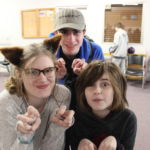
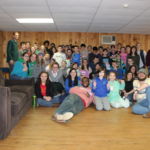
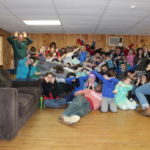
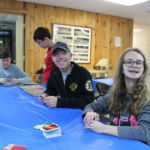
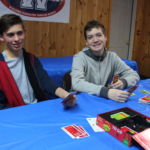
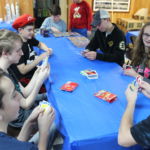
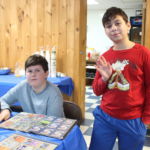
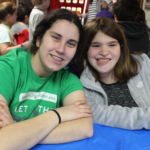
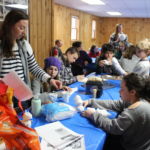
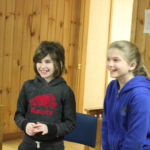
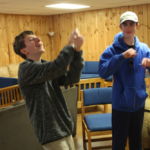
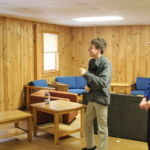
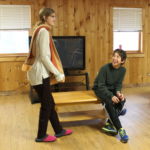
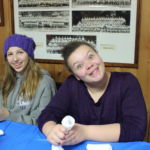
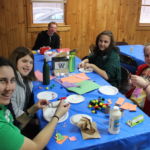
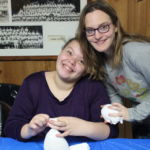
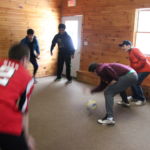
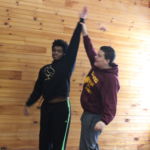
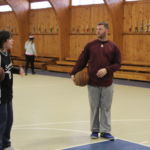
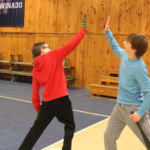
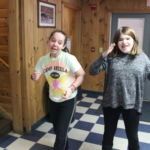
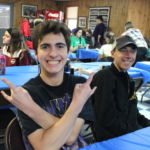
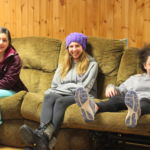
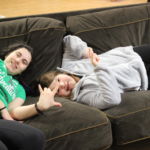
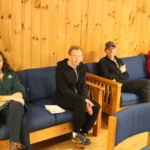
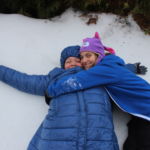
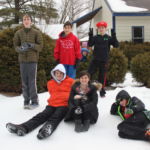
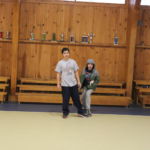
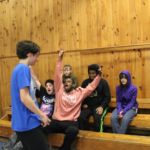
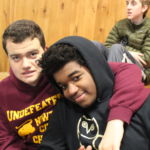
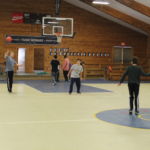
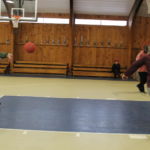
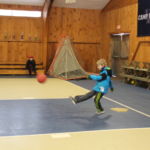
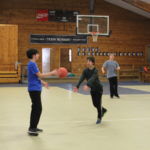
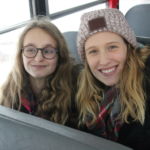
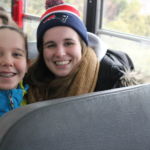
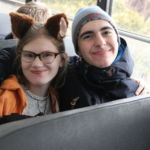
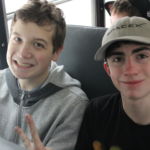
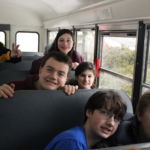
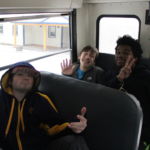
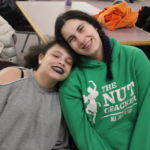


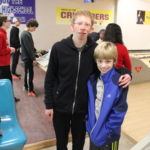

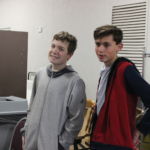
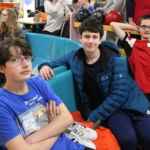
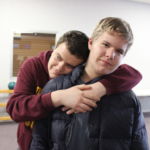
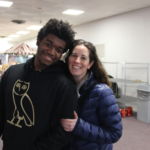
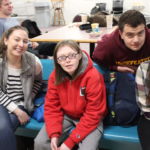


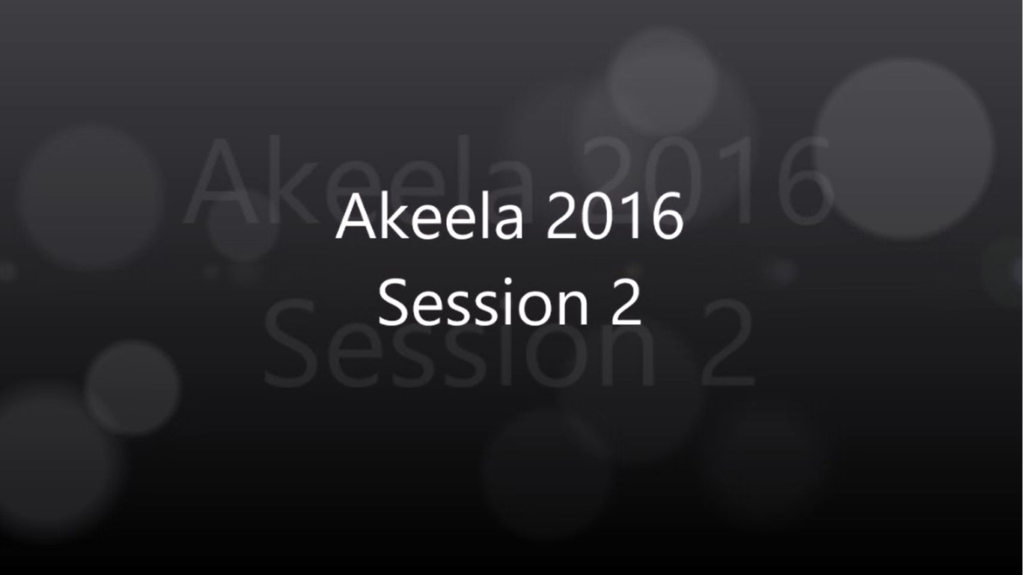


 Check out
Check out